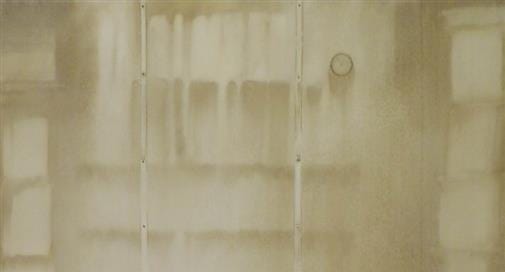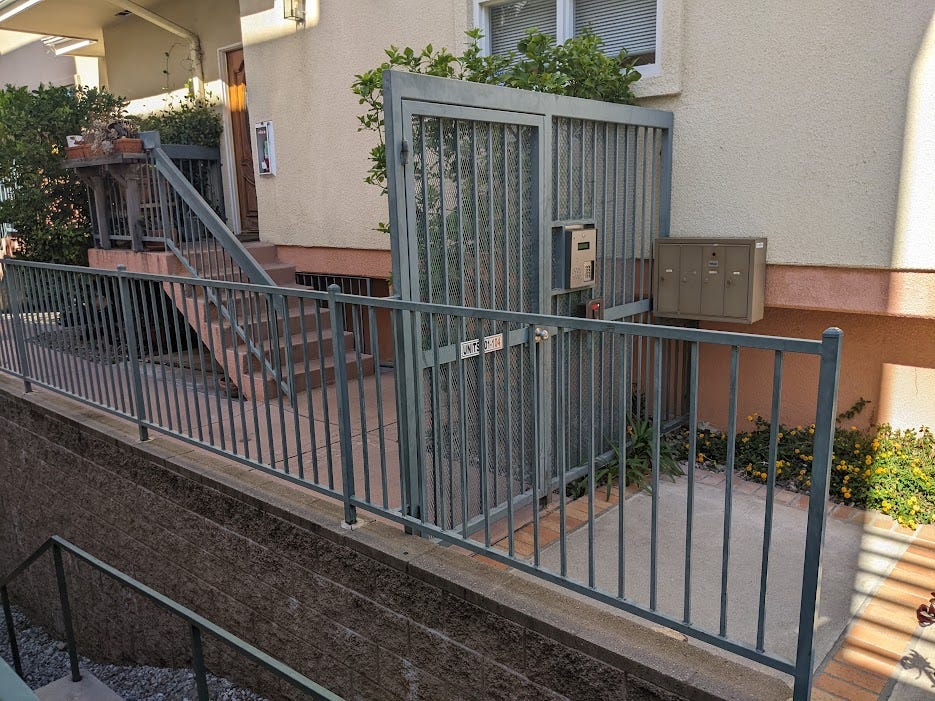Hello, my friends,
Please pardon the late delivery of today’s HMF, the delivery boy is ill so I had to take over the route. My whole body is sore — peddling thighs to flinging arms. I say arms because I had to switch sides after my main throwing arm came clean off mid-fling, soaring all the way to someone’s doorstep with the digital item containing these words still in its firm grip. So, yes, lucky subscriber who has an arm and this issue of HMF on your doorstep, please put the arm on ice. I will be returning for it as soon as I can walk again.
In unrelated news, I interviewed my friend, former library school professor, and now Disney scholar, Cindy Mediavilla, for Shelf Talks, a series of bookshelf-inspired chats. Of course, since I love talking to people about what they’re really into (that’s the name of my future podcast, by the way, “Really Into”), the conversation was all about Disney!
Singing in the Car
Research has shown that parents of young kids are generally less happy (in psychology jargon, they show “less positive affect”) and I can vividly understand why that’s the case. Yet, there are also many delightful little rewards. Some of my favorite moments lately have been to hear Michael singing in the car. For most of his youth thus far he has not been much of a singer. That’s okay, I filled in with my enthusiastic renditions of Raffi’s “Bananaphone” and other hits from Michael’s playlist. Not too long ago, however, I started hearing sounds of song from the backseat. Michael was singing! Sure, he’s a little behind on the lyrics and it doesn’t always sound like the source material, but that just means that he’s following in my footsteps!
One of my wishes for both Michael and Sophie is that they’ll always feel comfortable singing, even if their vocal production is off-key and generally awful. I don’t mean with a blistering confidence to end up flunking American Idol auditions. But singing in the car, shower, or karaoke? Absolutely. In fact, going to private-room karaoke as a family is something I very much look forward to. I’m elated that Michael has begun to practice!
Ask the Dust
Earlier this week, pondering a writing challenge for myself, I texted friend and Founder/Director of Catalyst Muse, Kim, asking for the simplest possible essay topic. My only thought had been a dot. She suggested dust. On first glance, dust does seem simple, floating there in an afternoon ray of sunshine or resting around bookshelf knick-knacks. Thinking more about it, however, all sorts of questions and approaches combusted into mind:
What is dust?
When we clean, we’re simply moving dust around. Does it ever go away completely?
What would a world be like with dust specks acting as surveillance devices?
Are there lots of living things whose home is dust? Dust mites?
Design School Challenge: Design a logo for a company called Dust without using typography.
Are people named Dustin good at cleaning?
Is dust a symbol of entropy? If yes, does dust too break down? If no, what is a better symbol of entropy?
My quest for the simplest essay topic was fruitless, after all. Nothing is simple.
False Sense of Security
I have an odd trait: When I take walks through neighborhoods, I occasionally pretend I’m a burglar who is casing the the homes there, as if I was planning to break in someday — a security audit, if you will. I’m not a burglar or a security professional so my perceptions are those of a beginner. Despite that, it’s amazing how easy it would be for a fit individual to gain entry into most residences, at least past the first line of defense.
One time, Ashley and I got locked out of our apartment (I forgot my key). When the locksmith arrived, it took him all of 30 seconds to pick our lock and get us in. 30 seconds! And he was carrying on a casual conversation with me while he did it! It’s amazing how easy it would be for someone with average lock-picking skills to gain entry into most residences, at least past the second line of defense.
What’s the third line of defense? Maybe passive measures like alarms or cameras. Though, I’d contend that it is actually people and pets — homeowners, workers, labradoodles, etc. My suspicion is that this third line isn’t as much a solid physical defense — most people aren’t going to tackle an intruder — but an element of uncertainty; walls and locks are generally straightforward and unchanging, people and pets move around and it’s hard to know how they’ll react, or more importantly, where their attention is at a given moment.
Merely riffing on this idea of home security, it’s clear that most of us (present company included) trust society much more than we would care to admit.








🍌📞